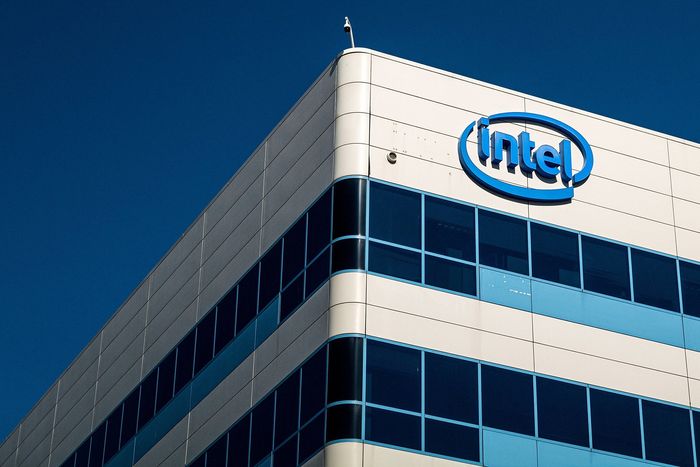
Amidst the ongoing turbulence and transformation in the global technology industry, Intel, a semiconductor giant, recently announced a remarkable decision to lay off thousands of employees to cope with cost pressures. This measure has not only attracted widespread attention from the industry, but also once again placed the competitive pressure and transformation challenges of the global technology industry in the spotlight.
On July 31st local time, according to the Wall Street Journal, Intel (INTC. US) plans to lay off thousands of employees to reduce costs and provide funding for efforts to rebound from declining profits and market share. According to sources involved in the company's layoff plan, the plan could be announced as early as this week. Intel will release its second quarter financial report early Friday morning Beijing time. The company has approximately 110000 employees, excluding those from divested departments. In addition, after announcing layoffs starting from October 2022, Intel will lay off approximately 5% of its workforce in 2023, bringing the total number of layoffs to 124800 by the end of 2023. Intel has also slowed down spending in other areas. The company expects that these cost reductions will save up to $10 billion by 2025.
In recent years, the global economy has faced many uncertainties, including ongoing impacts such as trade tensions and geopolitical conflicts, leading to sluggish growth in the global consumer market and cautious investment by businesses. As a leader in the semiconductor industry, Intel's business performance is directly affected by global economic fluctuations.
At the same time, with the strong rise of AMD, Nvidia and other competitors, and the gradual penetration of ARM architecture in the data center and edge computing fields, Intel's traditional dominant position in the CPU market has been challenged. To maintain competitiveness, Intel needs to continuously invest in research and development while controlling costs to maintain profitability.
It is worth mentioning that as Moore's Law gradually slows down, the difficulty of chip manufacturing process progress increases and costs climb. Intel is striving to transform from a traditional CPU manufacturer to a diversified chip solution provider, including accelerating the research and development of GPU, FPGA, ASIC and other products. This transformation process requires significant financial support and an efficient organizational structure to sustain it.
In addition, in order to adapt to market changes and customer demands, Intel needs to optimize its business structure, reduce positions, and improve operational efficiency. Layoffs have become a direct and effective means of freeing up resources for more critical areas by reducing labor costs.
Faced with the short-term pains and long-term opportunities brought by layoffs, Intel's future development is still full of variables. On the one hand, the company needs to continue to increase its research and development investment in new technology fields, accelerate product iteration and innovation pace. On the other hand, it is also necessary to closely monitor market dynamics and customer changes, and flexibly adjust strategic directions and market strategies. Meanwhile, how to balance cost control with employee care and achieve sustainable development of the enterprise is also an important challenge that Intel needs to face in its future development.
Behind Intel's plan to lay off thousands of employees to reduce costs is the inevitable result of changes in the global economy and industry environment, as well as the inevitable choice for the company's own strategic adjustment and transformation. Although the process of layoffs is full of hardships and challenges, as long as we face it with a positive attitude and lead the change with innovative thinking, we will definitely be able to overcome difficulties and embrace a better future.

According to a recent report by Rich Asplund, a columnist for Barchart, the global sugar market is currently experiencing a complex and profound supply-demand game.
According to a recent report by Rich Asplund, a columnist f…
On January 13th local time, the three major US stock indice…
Recently, the 2026 edition of the MIT Technology Review lis…
On January 15, 2026, the US military announced the seizure …
At the 2026 J.P. Morgan Healthcare Conference, a joint anno…
For much of 2025, the market was rethinking whether the dol…